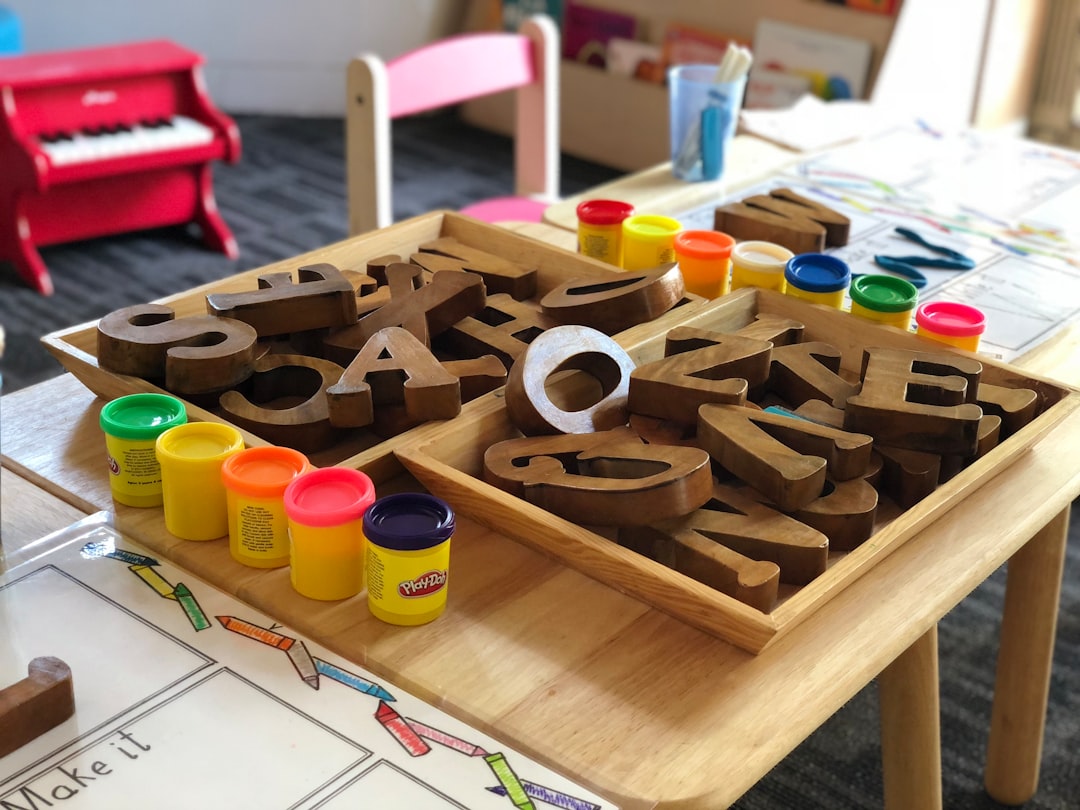Emotional dysregulation is a condition that affects many individuals, leading to difficulty in managing emotional responses. Those experiencing it may have intense emotional reactions that are disproportionate to the situation at hand. This can significantly impact daily life, relationships, and overall mental health. Understanding and seeking appropriate treatment for emotional dysregulation is crucial for those affected by this condition.
The causes of emotional dysregulation can be varied, including genetic factors, early childhood experiences, and neurological differences. These factors can influence how the brain processes emotions, making it challenging for individuals to regulate their emotional responses effectively. While everyone experiences emotions, those with emotional dysregulation might feel overwhelmed by their intensity and struggle to maintain control.
Effective treatment for emotional dysregulation often involves a combination of therapeutic approaches. One widely recognized method is Dialectical Behavior Therapy (DBT), a form of cognitive-behavioral therapy specifically developed to address emotional regulation issues. DBT focuses on teaching practical skills such as mindfulness, distress tolerance, emotion regulation, and interpersonal effectiveness. These skills help individuals gain better control over their emotional responses and improve their ability to cope with stress.
In addition to therapy, lifestyle changes can play a significant role in managing emotional dysregulation. Regular exercise, a balanced diet, and adequate sleep are essential components of emotional well-being. Physical activity, in particular, is known to release endorphins, which can improve mood and reduce stress. Furthermore, mindfulness practices such as meditation and yoga can enhance self-awareness and promote emotional stability.
For those seeking emotional dysregulation treatment, it’s important to consult with a mental health professional who can provide a tailored approach based on individual needs. Personalized treatment plans may include a combination of therapies, lifestyle adjustments, and, in some cases, medication to help regulate mood and reduce emotional intensity. You can learn more about emotional dysregulation treatment options available to support individuals in managing their symptoms.
Family support and understanding are also integral to successful treatment. Educating loved ones about emotional dysregulation can help create a supportive environment where individuals feel understood and accepted. Communication and empathy are key components in fostering strong relationships that contribute to emotional healing.
The journey to managing emotional dysregulation is unique for each person, and it often requires time and patience. However, with the right resources and support, individuals can develop effective strategies to manage their emotions and lead fulfilling lives. For additional resources and guidance on emotional health, visiting websites like Brain Harmony can provide valuable insights and support.
Ultimately, addressing emotional dysregulation is about empowering individuals to understand their emotions and develop healthier ways to cope with life’s challenges. Through therapy, lifestyle changes, and supportive relationships, those affected by this condition can achieve greater emotional balance and improve their overall quality of life.





